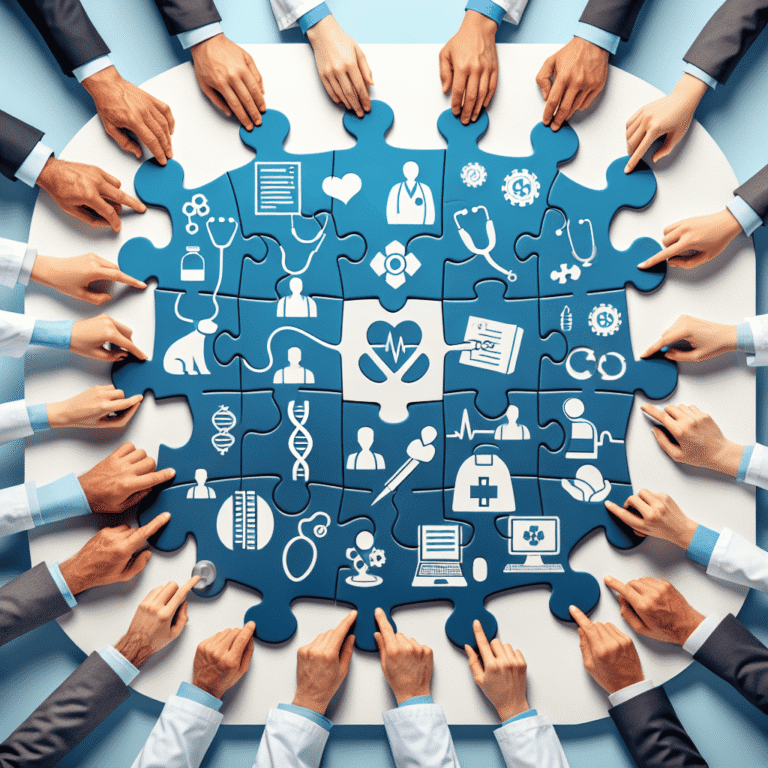Microsoft is spotlighting cross-disciplinary collaboration as a catalyst for transformative healthcare innovation, as discussed in the debut episode of its new Microsoft Research Podcast series, Collaborators. Featuring contributions from Dr. Matthew Lungren, Jonathan Carlson, Smitha Saligrama, Will Guyman, and Cameron Runde, the conversation centers on how Microsoft’s integrated teams are accelerating the translation of groundbreaking Artificial Intelligence research into practical tools for clinicians and developers globally. With Artificial Intelligence emerging as a force for good in clinical workflows, Microsoft’s experts detail the rapid prototyping and deployment of solutions that span medical text, imaging, genomics, and more, tailored for integration with familiar platforms such as Microsoft Teams and Azure AI Foundry.
Central to Microsoft’s approach is a robust ecosystem that brings together proprietary and partner-developed models—drawing from leading medical institutions and companies—made easily accessible via Azure AI Foundry. These models are designed for multimodal healthcare data, including imaging and signal data not readily available on the public web. Clinicians are already experiencing tangible benefits, like Dragon Copilot’s ´keyboard liberation´ reducing administrative tasks and innovations that automate the synthesis and curation of patient records. In practical terms, these tools are slashing documentation time and streamlining complex procedures such as tumor board preparation and diagnostic triage, ultimately boosting efficiency and paving the way for precision health applications.
The discussion highlights the rapid timeline from research breakthrough to real-world impact—a transition that now often occurs within weeks or even days, thanks to tightly-knit ties between Microsoft’s research and product teams. A notable evolution is the use of healthcare ´agents´—Artificial Intelligence constructs trained on specialized tasks, orchestrated through an agent platform that allows customization and extension by developers. These agents are designed to operate naturally within existing workflows, including through Teams chats, where they can organize data, suggest actions, coordinate between medical specialties, and even automate regulatory documentation. Microsoft’s commitment to open-source frameworks and extensive documentation ensures that healthcare organizations and third-party developers can innovate, scale, and deploy new use cases swiftly, further unleashing creativity across the medical Artificial Intelligence landscape.
Looking ahead, Microsoft’s leaders predict that multimodal agents will first save clinicians significant time and administrative effort, eventually scaling up to major improvements in patient care and medical research. By embedding enterprise-grade Artificial Intelligence capabilities into productivity tools already trusted by clinicians, Microsoft lowers the barrier for healthcare institutions to experiment, adopt, and benefit from the next generation of digital health applications—ushering in an era where innovation is limited only by the creativity of the global medical and developer community.

